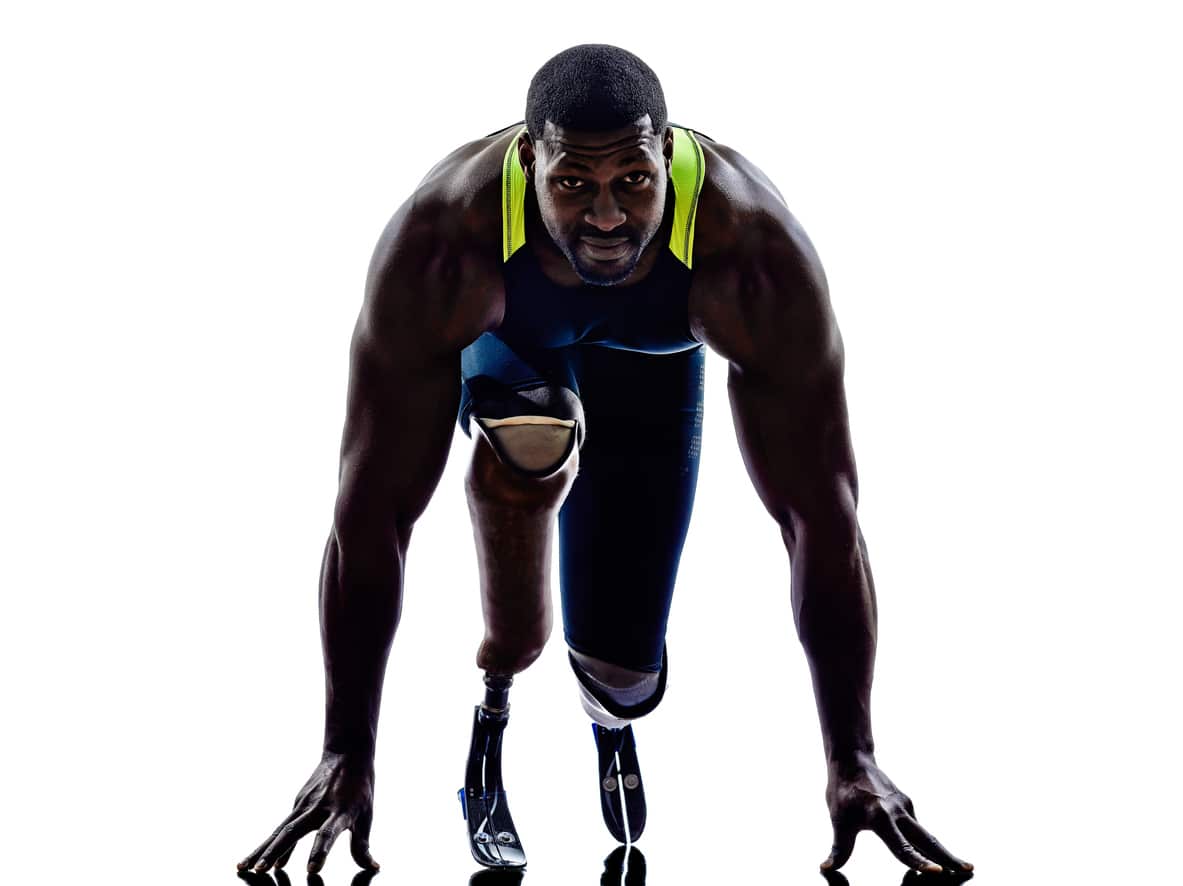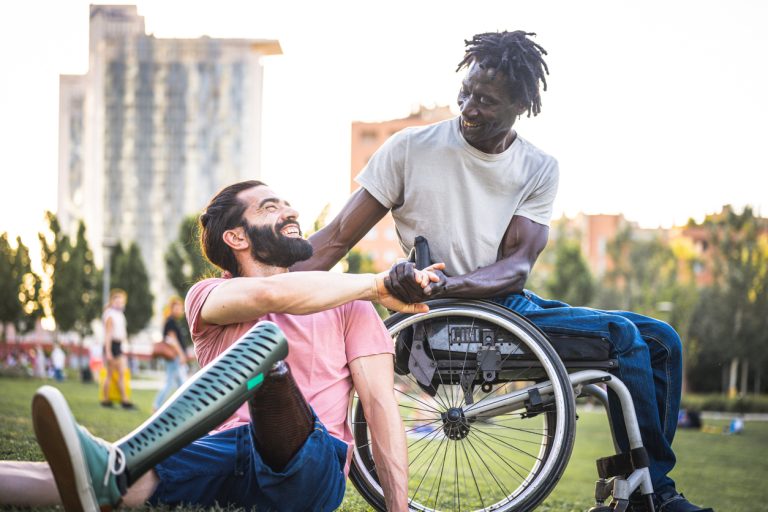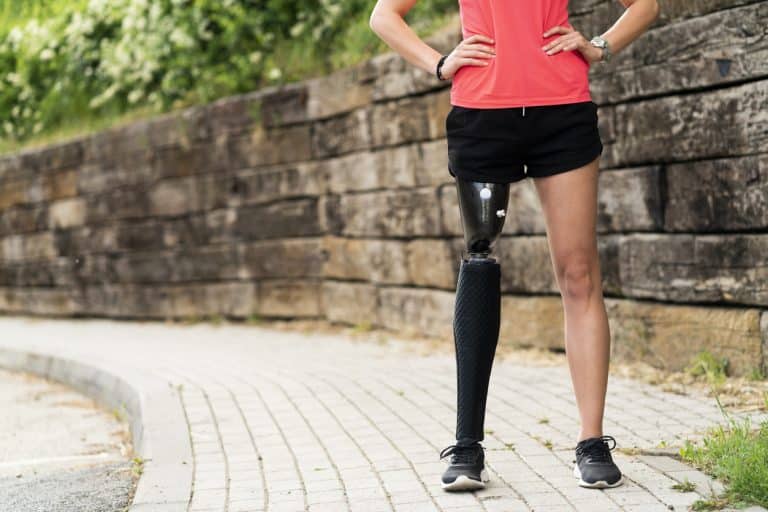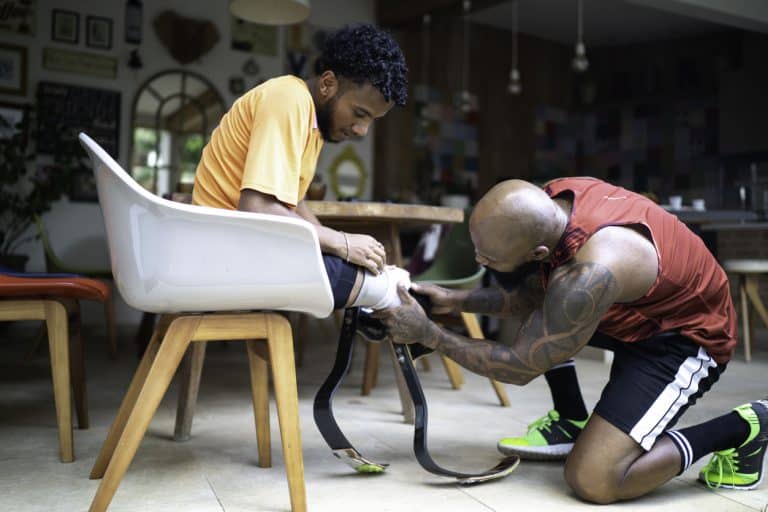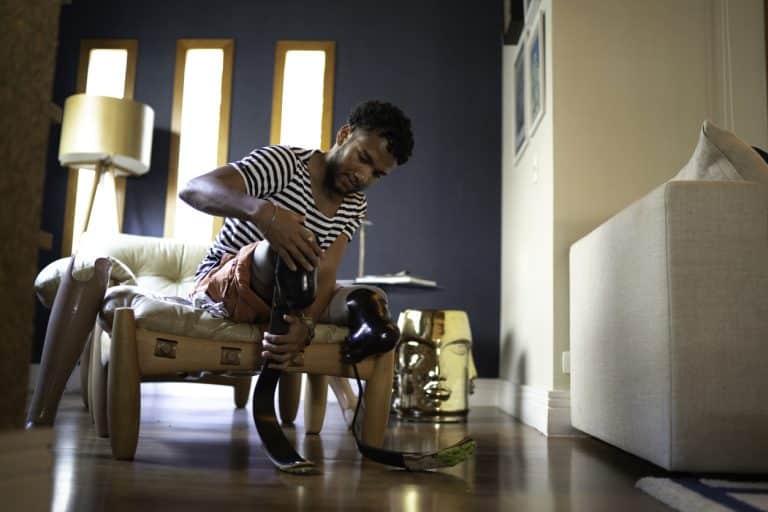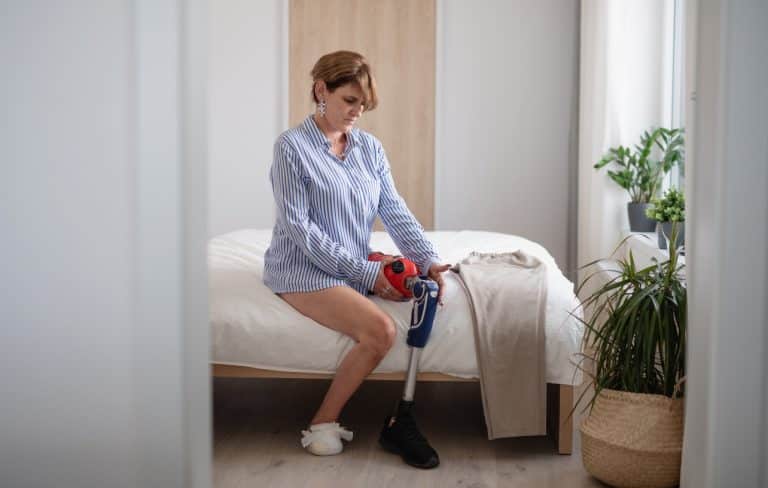Racial Disparities in Amputations & Prosthetic Devices in America
As a concept and as an experiment, America was founded on the simple, inarguable principle of equality. But throughout our modern healthcare system, equal access doesn’t always translate to equal options or equal ability.
Over the past few years alone, reports and statistics have revealed numerous disparities in how female, Black, or low-income Americans receive treatment. Women, for instance, are less likely to be taken seriously when reporting pain to their physicians. Because of this, women are more likely on average to receive sedatives rather than painkillers, even after coronary bypass surgeries.
Black Americans face an uphill battle at the doctor’s office too, especially if they suffer from diabetes or need help adjusting after an amputation. When taken together, these biases make getting the care we need more difficult than it should ever be.
How Skin Color Informs Amputations & Prostheses
In honor of Black History Month, Above and Beyond Orthopedics in Grosse Pointe, MI, offers this simple, data-backed meditation on the difficulties Black patients face when seeking prosthetic limbs or staring down the possibility of amputation.
As a Black- and woman-owned business, we take equal access seriously. If you need a custom prosthetic or orthopedic device, or if you’re simply wondering where to start, call us today at (313) 631-1296 or contact us online.
The Leading Causes of Amputation in America
To understand the need for prostheses in America, we must first understand the leading reasons for amputation. According to the National Institutes of Health, roughly 150,000 patients require a lower extremity amputation each year. Among these amputations, the most prominent causes fall into a few categories:
- Diabetes mellitus
- Peripheral artery disease (PAD)
- Neuropathy
- Trauma
By far, the most widespread of these ailments is diabetes. According to the CDC, roughly 1 in 10 Americans suffers from the condition. But when drawn along racial lines, the figures tell another story. As many as 12.1% of non-Hispanic, Black Americans suffer from diabetes compared to just 7.4% of non-Hispanic whites, making diabetes a much larger issue in Black communities.
To make matters more difficult, peripheral artery disease is also more common among Black Americans. A recent study supported by the National Heart, Lung, & Blood Institute revealed that the risk of PAD weighs in at 30% for Black men and 28% for Black women.
Since smoking, high cholesterol, high blood pressure, and diabetes increase the risk of PAD, it’s easy to see how a general lack of healthcare access can quickly contribute to amputation. It’s worth noting also that neuropathy is more common among those with diabetes and, therefore, more common in Black communities, further compounding the risks.
The Frequency of Amputations
In addition to the increased risk of amputation among Black communities, further studies have demonstrated that those amputations may be more common and more severe. Amputation is recommended more on average for Black Americans than for non-Hispanic white Americans, according to a study published in the National Library of Medicine way back in 2011.
In that study, the author attempts to identify the causes of higher amputations among Black Americans. “Poor provider decision-making, lack of preventive screening, or interventions,” are listed as the likely culprit. Whatever the causes, they ultimately amount to a startling figure: Black Americans are four times as likely to experience amputation for any reason when compared to white Americans.
Naturally, a higher risk of diabetes, PAD, and neuropathy combined with higher rates of amputation among the Black community all contribute to a higher need for prosthetic devices within that community.
Healthcare Justice & Equal Access to Prosthetics
Given the many complex challenges that Black patients face, any path toward healthcare justice will need to be equally multifaceted. Of course, these problems are not unique to the American healthcare system. Highly publicized cases of discrimination and legal action throughout the prosthetics industry have emerged from Europe. In any event, now that we’re aware of these disparities, we can work together to fix them.
At Above & Beyond Orthopedics in Grosse Pointe, MI, we offer custom prosthetic devices, custom orthotics, and a full range of sockets, liners, and accessories to make life, liberty, and the pursuit of happiness that much easier.
For Americans of every race, creed, and gender, there’s a way forward after amputation. To get the care you need from a healthcare provider that understands, call Above & Beyond today at (313) 631-1296 or contact us online.
Get the Care You Need, Regardless of Your Race or Gender
Identifying hurdles to equal access across the healthcare industry is the first step to fixing the issues that hit our minority communities the hardest. At Above & Beyond, we use our intimate understanding of the challenges we’ve faced to provide a different kind of care—one that works for everyone regardless of their gender, race, ethnicity, or prosthetic needs. Visit us online to schedule your free evaluation or explore our full line of sockets, liners, and accessories today.

